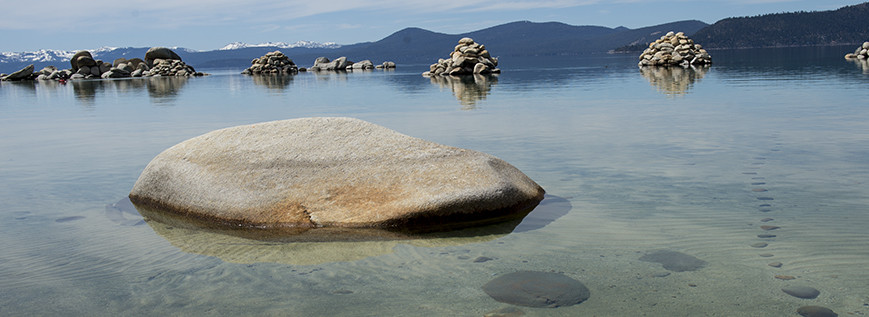I love the way the steps are set up. There is an order to them that makes it easy, for me at least, to move from victim to empowerment.
I know that it is common to hear, in 12 step meetings, that we must continually acknowledge our powerlessness. In all my research of the steps, and in my personal experience of 29 years of incorporating them into my life, I have failed to find any evidence that advocates powerlessness as a way of life. Instead, I find much evidence that says powerlessness is like a doorway into recovery. Powerlessness is for beginners.
In a way, much of life is like this: when we first encounter a new concept, a new way of living, a new way of being, we must be open to possibilities, even though the unknown is sometimes much scarier than the known, as unsatisfactory as the known may be. But if we admit to not liking the way things are, and to acknowledging that there must be a better way, then we somehow open ourselves up. Powerlessness is that doorway. Yes, we are in a powerless place in the beginning....but only in the beginning.
Once we get to step 10, we get our power back. (Actually in my personal experience it comes much sooner in the process, but I know it isn't that way for everyone) Here are the 10th step promises in the textbook of Alcoholics Anonymous:
"And we have ceased fighting anything or anyone—even alcohol. For by this time sanity will have returned. We will seldom be interested in liquor. If tempted, we recoil from it as from a hot flame. We react sanely and normally, and we will find that this has happened automatically. We will see that our new attitude toward liquor has been given us without any thought or effort on our part. It just comes! That is the miracle of it. We are not fighting it, neither are we avoiding temptation. We feel as though we had been placed in a position of neutrality—safe and protected. We have not even sworn off. Instead, the problem has been removed. It does not exist for us. We are neither cocky nor are we afraid. That is our experience. That is how we react so long as we keep in fit spiritual condition."
Jean Houston writes, in the Foreward to the Science of Mind textbook, that in thinking of God as something within us, it moves us from a state of powerlessness to one of power. "This grants us tremendous power and with it the innate responsibility to make or break our world through the extraordinary working power of our minds. Thus the practical emphasis in The Science of Mind of schooling in the power of trained thought."
So....we move from a state of powerlessness in the beginning, to one of power by the tenth step. The steps teach us to live in 10 and 11, inventories, meditation and prayer. New Thought teaches us to consistently do our spiritual practices, with introspection (inventory) and the resulting personal awareness, and meditation and affirmative prayer making for a lifestyle that does indeed move from powerlessness to being safe and protected, from victim to empowerment.
This is a lifestyle that works, and I am so grateful for it.
___________________________________
Sign up for future blog posts on the right if you are on a computer, at the bottom if you are on a mobile device.
You can purchase the book at Amazon.com or Balboa Press, in e-version or paperback.
Thank you for reading. I would love to see your comments!









